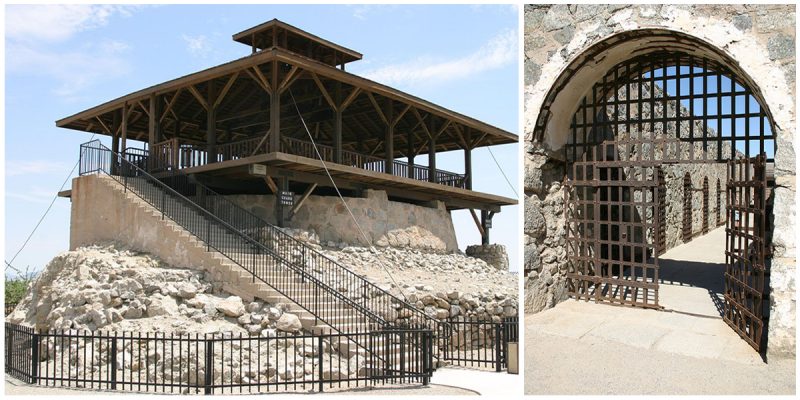The Yuma Territorial Prison in Yuma, Arizona is now a living museum of the Old West. Opened in 1875, while Arizona was still a U.S. territory, the prison accepted its first seven inmates on July 1, 1876. They were locked into the new cells they had built themselves.
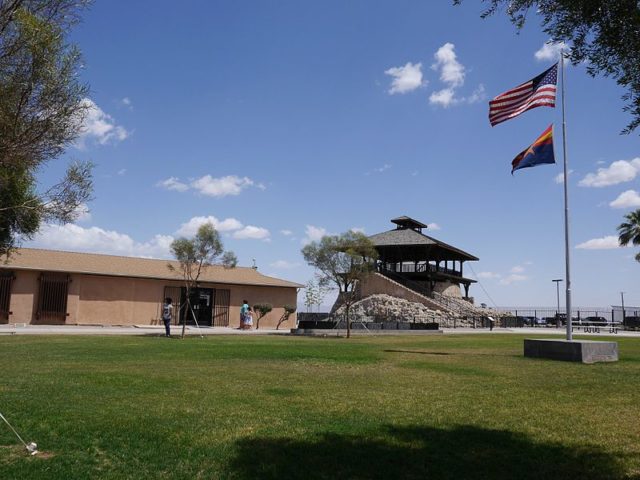
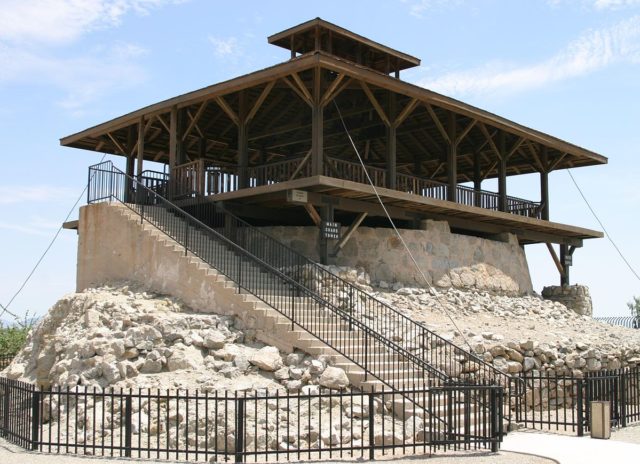
More than 3,000 prisoners, including 29 women convicted of crimes ranging from polygamy to murder, lived within these walls during the prison’s 33-year existence between 1876 and 1909. One hundred and eleven persons died while serving their sentences, most from tuberculosis, which was common throughout the territory.
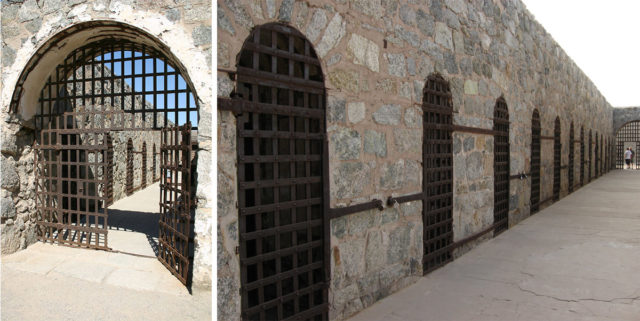
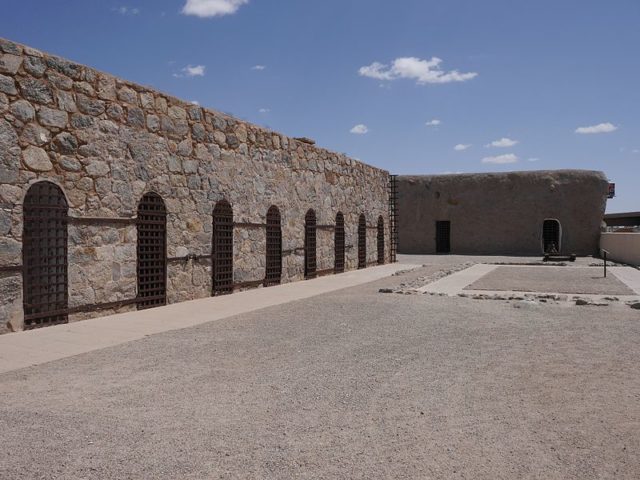
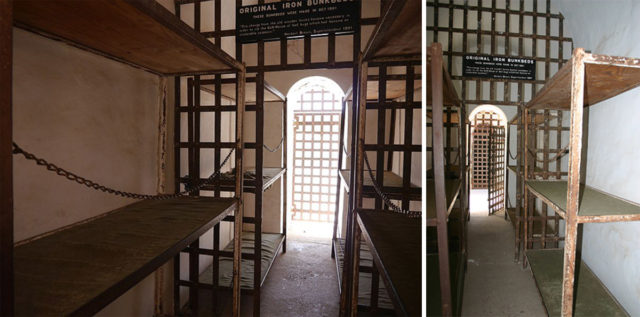
The prison was known for its strict rules. Those who broke them could be forced to wear the “ball and chain“ (usually for those who tried to escape), and more serious offenders would be sent to the dark cell, a 10-foot by 10-foot room used for solitary confinement, where prisoners were chained to the stone floor as a punishment. The only light came from a small ventilation shaft in the ceiling and contact with other people was forbidden. Bread and water were given once a day and prisoners were stripped to their undergarments. While no records ever mention that a prisoner died while incarcerated in the “dark cell,” the prison reports do state that at least two prisoners did leave the cell, only to be transferred immediately to a mental institution in Phoenix.
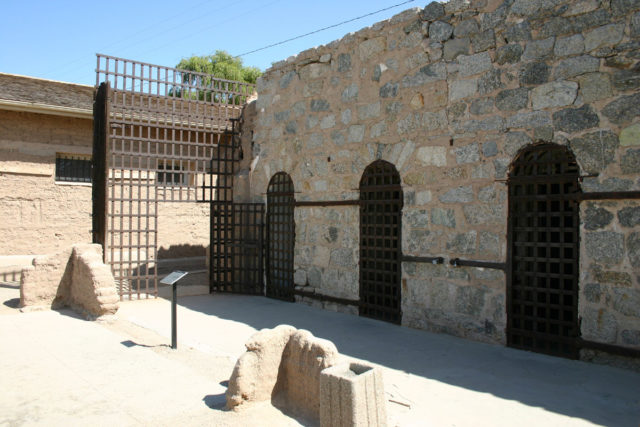
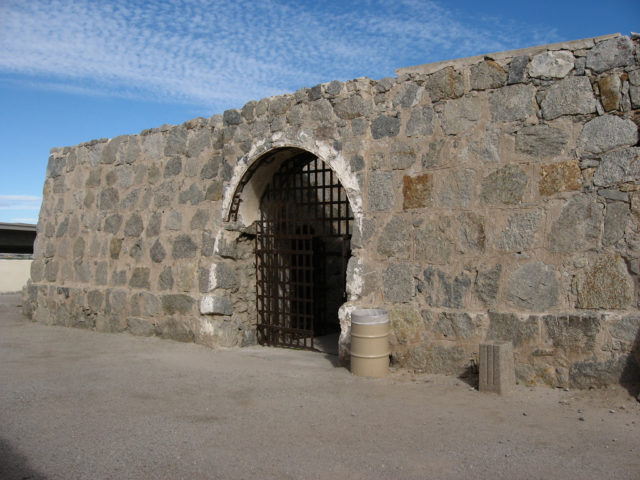
Overcrowding resulted in the prison’s closure, so convicts constructed a new facility in Florence, Arizona. The last prisoner left Yuma on September 15, 1909. Yuma Union High School occupied the buildings from 1910 to 1914. After this, the building lay abandoned until the 1920s. Hobos and bums took advantage of the empty cells for shelter. During the depression, it was used as a haven for the homeless and their families.
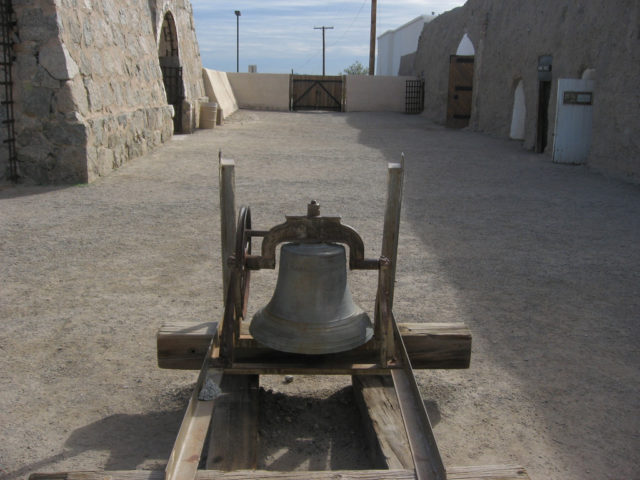
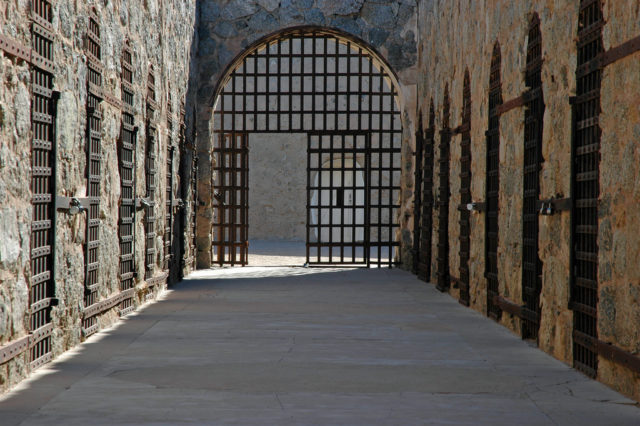
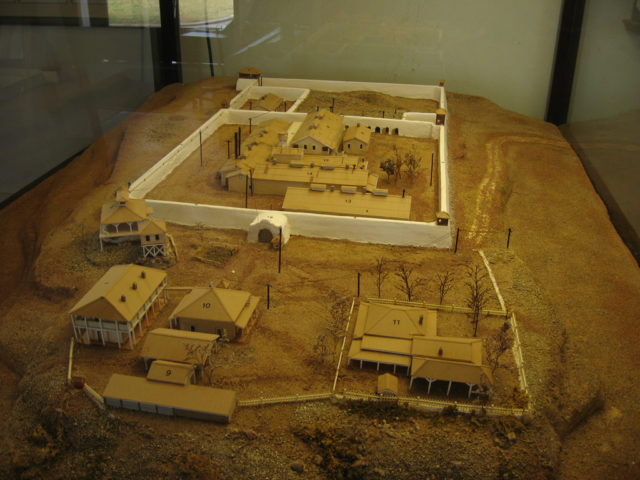
Two cells within this prison are notorious for being haunted. The first is the “dark cell“ and the second cell is cell #14 where, in the early 1900s, a prisoner by the name of John Ryan committed suicide. The cells, the main gate, and the guard tower are still standing, providing visitors with a glimpse of convict life in the Southwest a century ago.
